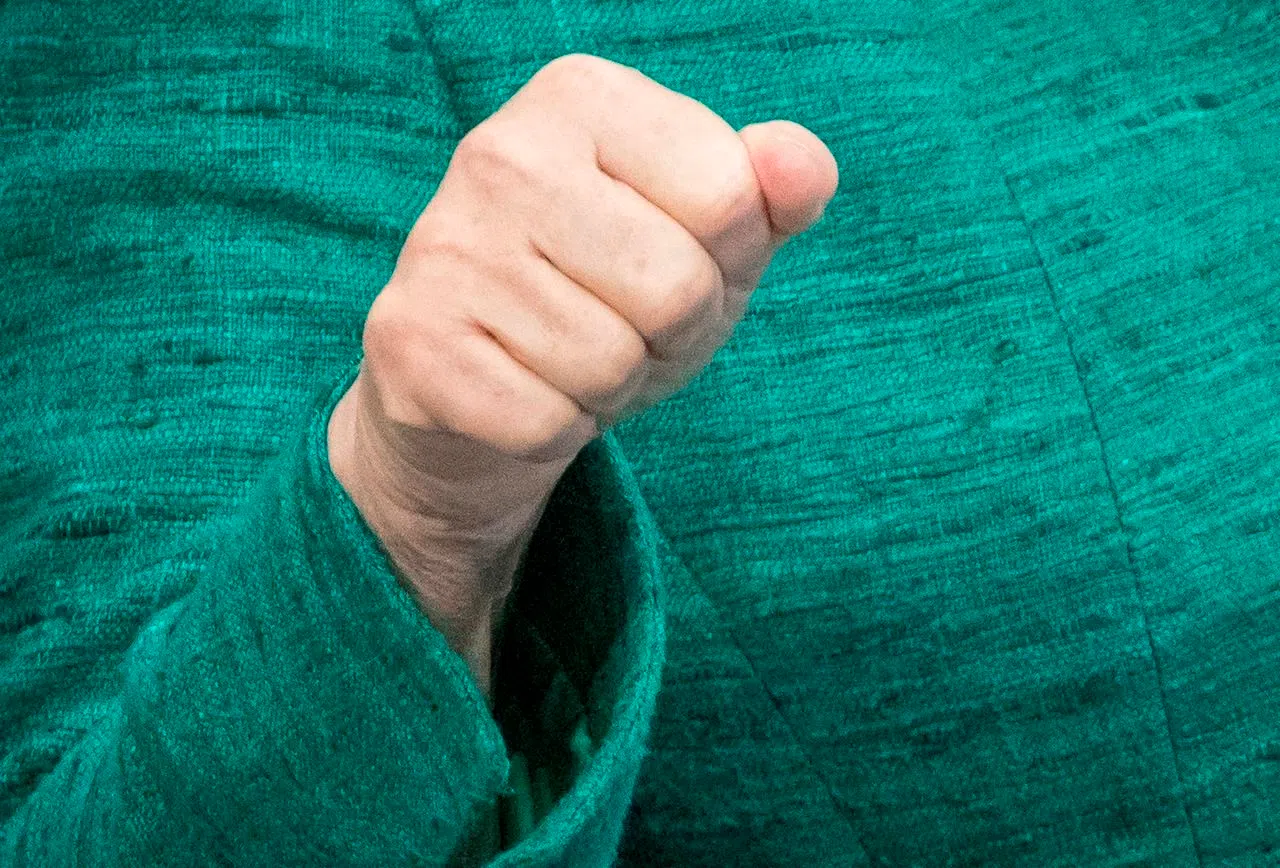
Merkel defends migrant record, calls for European solution
BERLIN — German Chancellor Angela Merkel stressed the need Thursday for a European approach to dealing with the influx of asylum seekers, as she sought to fend off critics from within her own conservative bloc while defending her 2015 decision to keep Germany’s borders open during the refugee crisis.
Speaking to Parliament before heading to a European Union summit in Brussels, she described the move to lawmakers as an exceptional gesture to help relieve pressure on nearby Austria and Hungary, whose leaders had personally appealed for assistance as migrants streamed into their countries.
“We said in an exceptional situation we will help and now, as then, I think it was the right decision,” Merkel said.
The German chancellor is fighting a battle at home and abroad against critics who accuse her of endangering European security with her welcoming approach to migrants. Merkel’s conservative bloc is under pressure from the far-right Alternative for Germany party that has received a surge in support since 2015, and populist leaders in southern and eastern Europe have rejected her calls a wholesale reform of Europe’s migration system.


